Alright – so today we’ve got the honor of introducing you to Ashley Chiang. We think you’ll enjoy our conversation, we’ve shared it below.
Hi Ashley, thanks for joining us today. Are you able to earn a full-time living from your creative work? If so, can you walk us through your journey and how you made it happen?
I am now earning a full time living as an artist. In 2022. Ten years in. And that’s the thing I wish people really knew. Really, I have had a few years of a living wage but I am feeling stable, profitable and like I know where to expend my resources and where not to now in 2022.
The first few years were full of thrills and excitement. Wow! People bought $4,000 worth of my art this year! Just so cool. But of course, I wasn’t actually making any money. I have the privilege and benefit of my family not relying on my income for survival, which is not the case for everyone. Because of this advantage, I was able to grow slowly and make missteps over the years that other people can not.
I can think back to plenty of mistakes and bad investments in my business that were the result of wanting to GROW QUICKLY! I realize that they probably weren’t necessary mistakes on my journey to earning a living and that I’d probably be just about the same place I am now without some of those missteps. Maybe less stressed…
But in all seriousness, I believe someone who committed themselves fully to their business in a way that I chose not to (because of my choice to be with my children as much as I could, homeschooling, etc) could be profitable and earning a living within this first few years. It’s also a measure of luck and privilege for some like myself: randomly getting into the right shows for your work, receiving early recognition, and working in a craft that provides almost little competition in current art spaces and applications.
Bottom line, if you have the resources and ability to stick with it, you could very well be making a living from your form of personal therapy or creative practice in time.
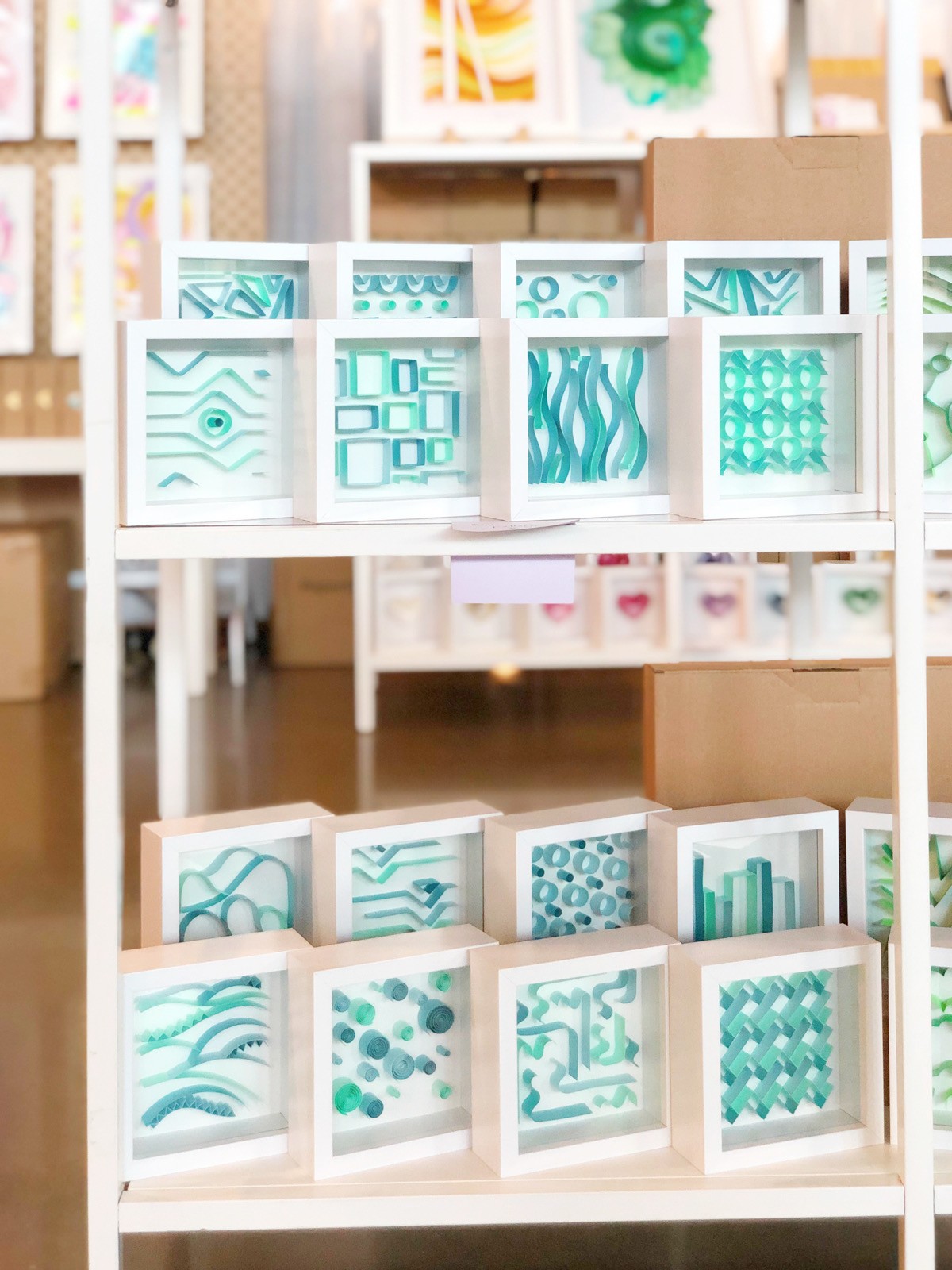
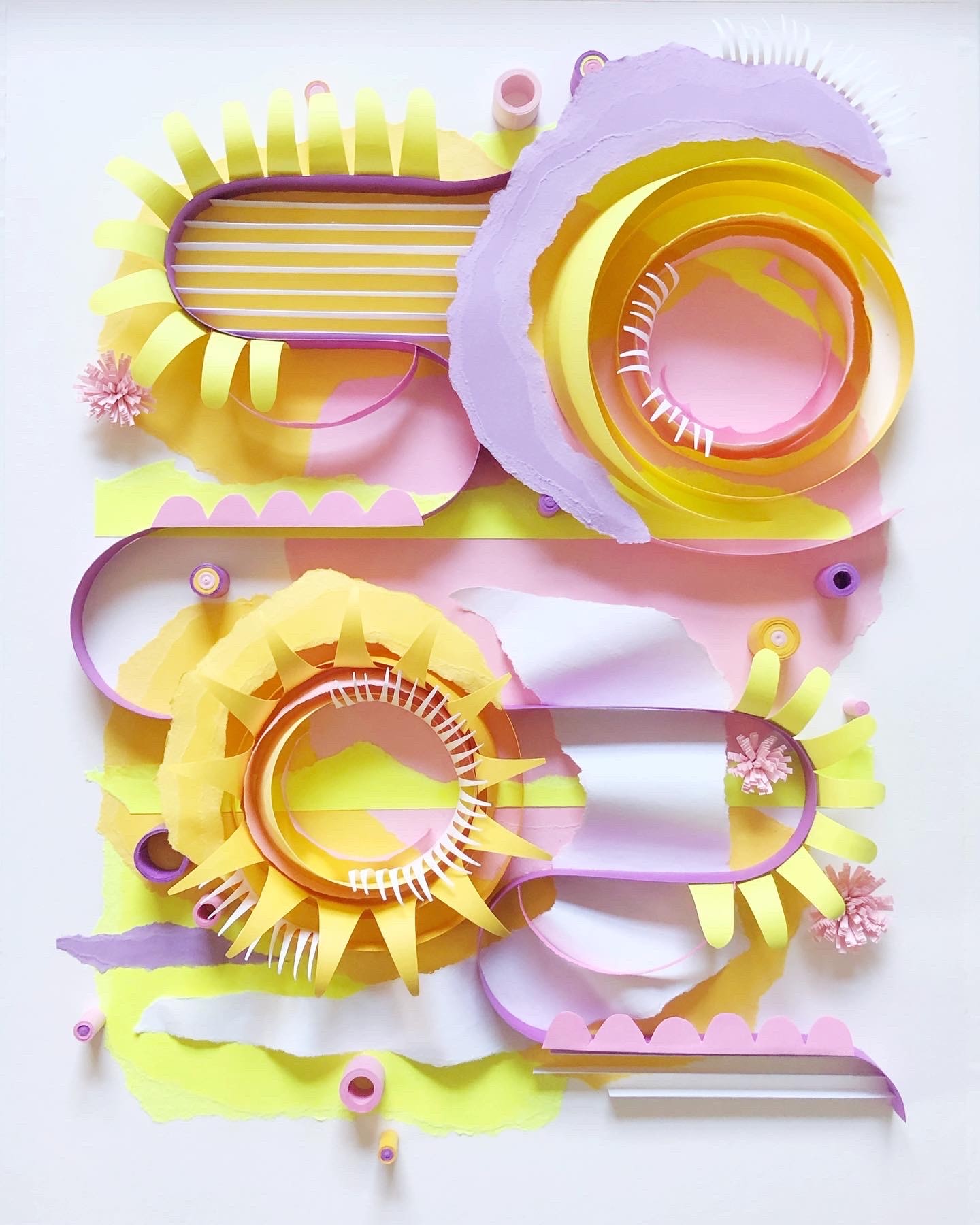
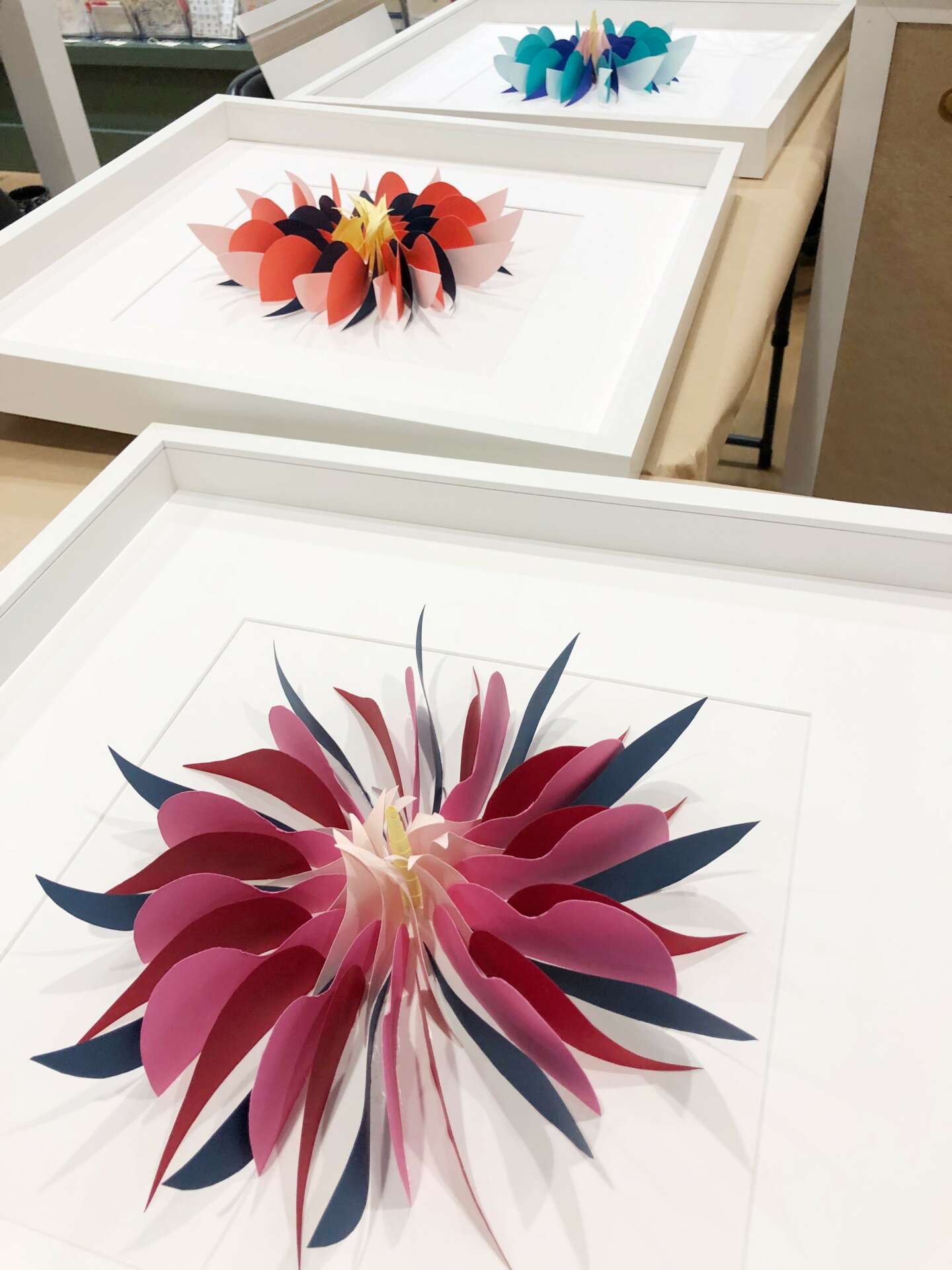
Great, appreciate you sharing that with us. Before we ask you to share more of your insights, can you take a moment to introduce yourself and how you got to where you are today to our readers
I have always had an entrepreneurial spirit even when working day (and night!) jobs having opened two other Etsy shops back in the 2000s. And I have always been into papercraft, sculpture, card making etc. One year, I had all this paper on hand and was trying to figure out what to make for my sister for her birthday and stumbled across the art of quilling online. I immediately knew I must try it, and did with the supplies on hand which weren’t exactly traditional tools or paper strips. But I made do. I fell in love with the process and the outcome and everyone loved that first gift so much I ended up making many more and using them as examples in a third Etsy shop. The following year, after some sales, I was invited by Etsy to be in a small booth in their section at the One Of A Kind Show in Chicago. (For reference I live outside of Washington, D.C. so traveling to a huge Chicago show felt like a new artists dream). During that show I sold more art that I thought possible and my appetite was whet for doing big shows where you can get tens of thousands of eyes on your work, feedback, which is usually helpful, and sales!
Because my business growth and income didn’t sustain my family, I had the ability over the years to test many, many shows. As someone that practices a craft medium that not many others do, it was probably easier for me to get into shows and events than someone who has a more traditionally popular craft. Some of those shows were excellent and I have returned to them many times, and others I gave up on after a couple tries. Which translates into, at some I made money and other I lost money. And some years… I lost a lot with my trials and errors. But I feel fairly confident now about how my work will be received at the shows that I continue to do which keeps me on a positive track, mentally and financially.
In 2019, I took a giant leap into trying to wholesale some of my work. Doing one of the big trade shows can mean $10k+ down the drain if nothing comes from it. And that’s what felt like had happened. Although meeting many retailers and having some small orders placed, it felt like it’d be a giant loss at the close of the year. Turns out I was just woefully inexperienced (which, I knew) and months later, I received my first major wholesale order. Which was just the start!
Once again, having a non-traditional craft/medium I think has been the most help. I now have a number of wholesale lines which opens up more space, mentally and financially, for me to pursue the art that I want to make also.
Learning and unlearning are both critical parts of growth – can you share a story of a time when you had to unlearn a lesson?
At that very first major show in Chicago, I had a woman come into my space and tell me that my art was very “commercialized” in an insulting way. She was indicating that she thought I was making art for sales (like… yes. I would like to be compensated for my time and talent), instead of making “art for arts sake”. I have always wished I knew what to say to her, but at the time I was flustered and in light of so much positive feedback I had received at the show, it seemed inconsequential. I also did not attend art school so perhaps it didn’t have the sting that it would have had for other artists who felt that had proved themselves through school.
But I realized a few years ago that that comment comes up for me every once in a while and I doubt what I am doing as a “commercial” artist. Like… I am not a “real artist” if I’m not only making the work my heart desires and if I even dare think about sales potential. So firstly, I have remind myself all the time that indeed I am an artist, and I’d like to remind others to keep their negative, non-constructive comments to themselves.
I am a commercial artist, making a living and making the art that I want to purely for arts sake sometimes.
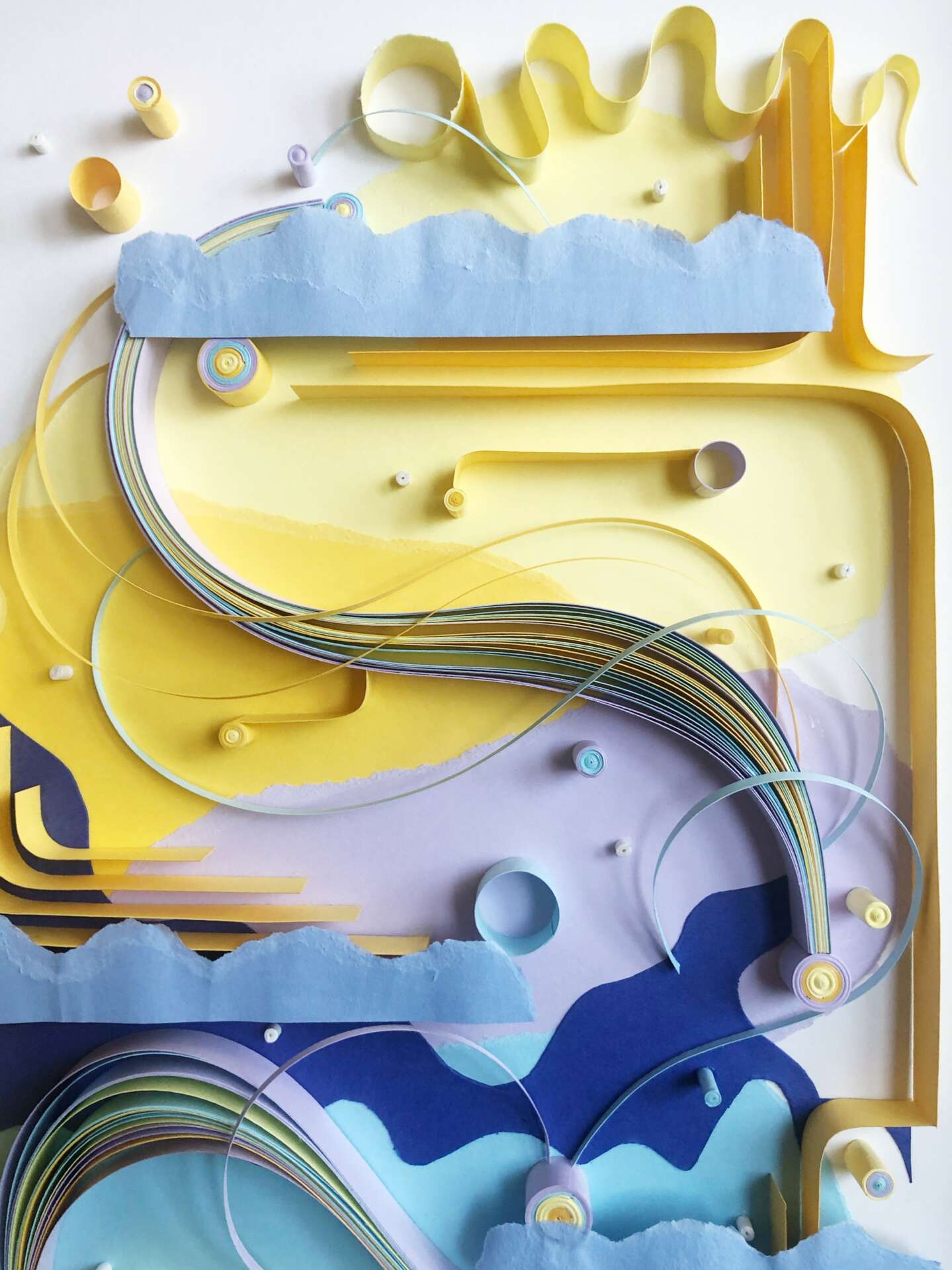
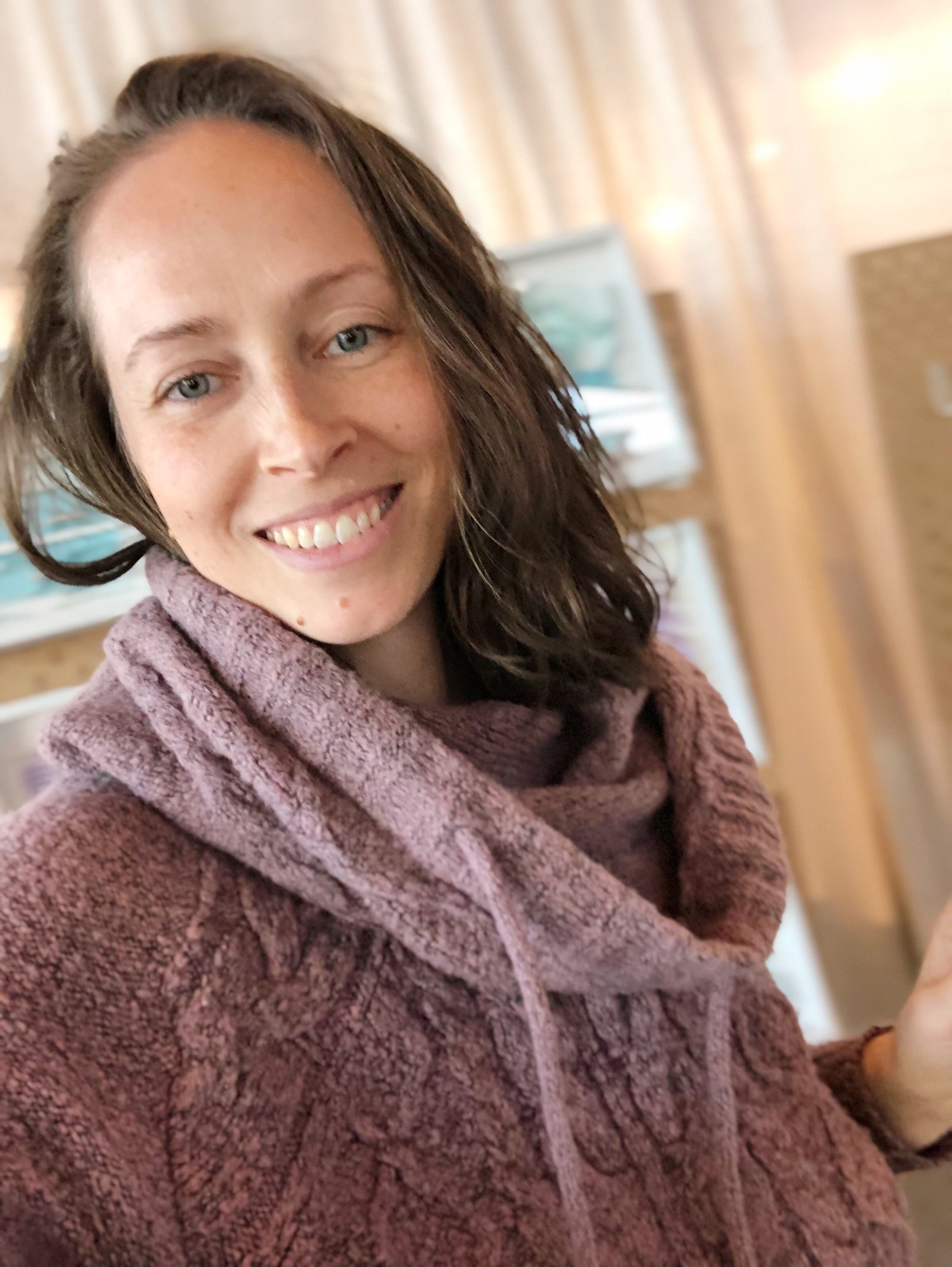
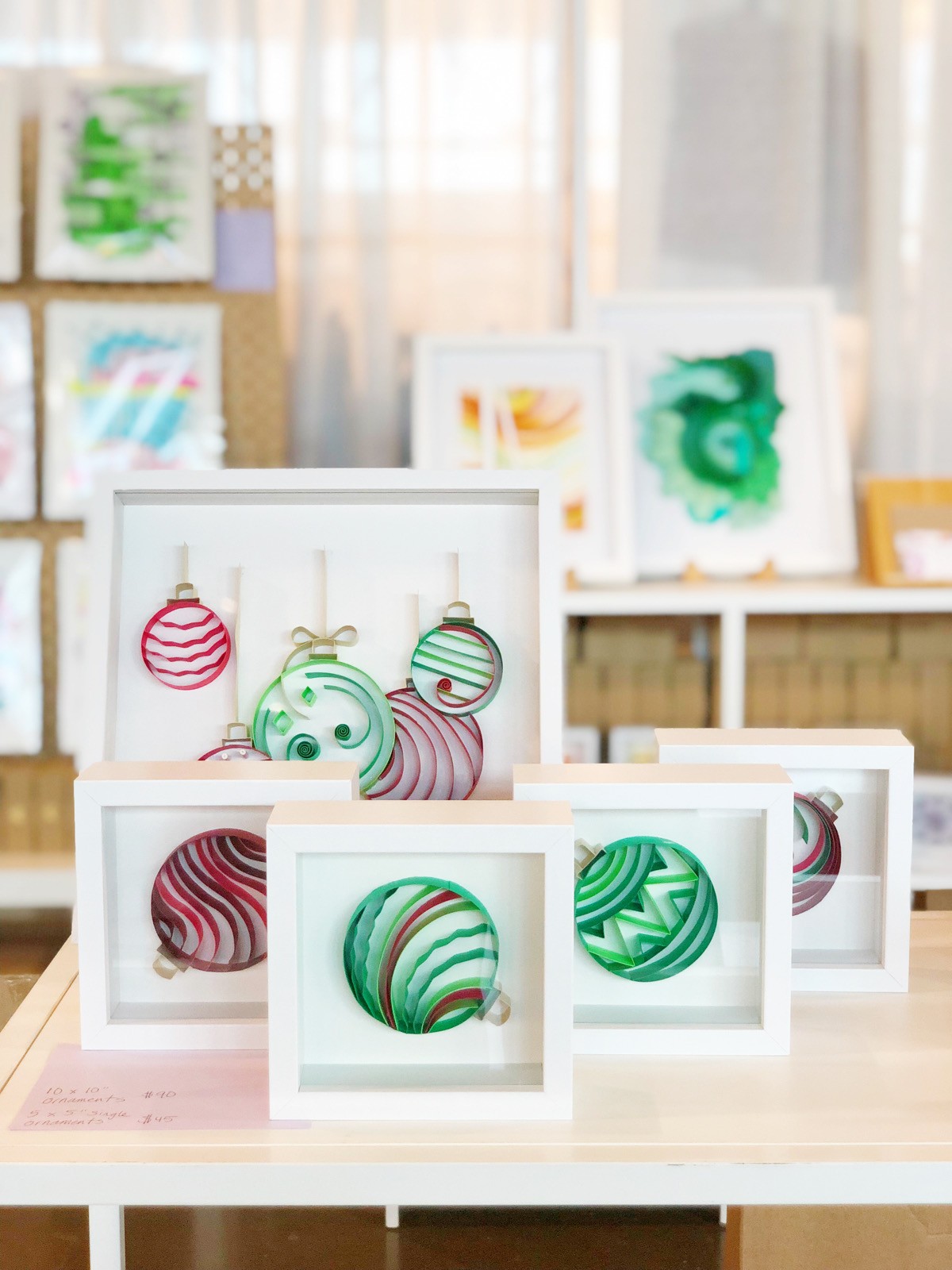
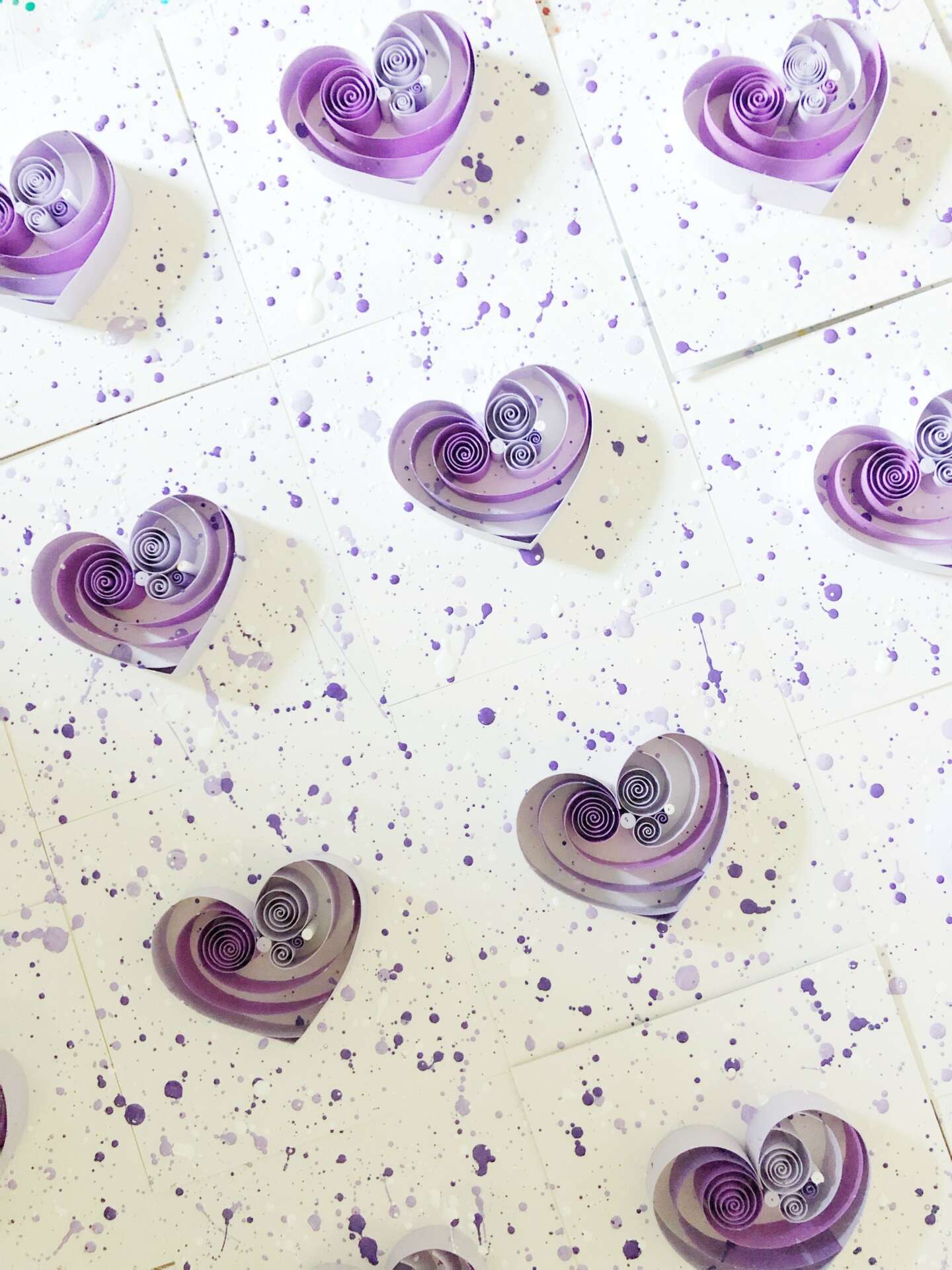
What can society do to ensure an environment that’s helpful to artists and creatives?
The only way our society will be able to fully support the arts is if our society fully supported all people regardless of what they do. Until we have a society that helps all people, through healthcare, housing, food, livable wages and provides reparations and land back (the list continues but these are foremost, I think), the arts can never be fully supported and will continue to only be supported in specific circles and among certain artists. The amount of art that is lost every year because certain artists are unsupported by society is tragic and creates a giant chasm that can’t be filled to support art at large.
Contact Info:
- Website: PaperLiberated.com
- Instagram: Instagram.com/PaperLiberated
- Facebook: Facebook.com/paper.liberated
Image Credits
Ashley Chiang


